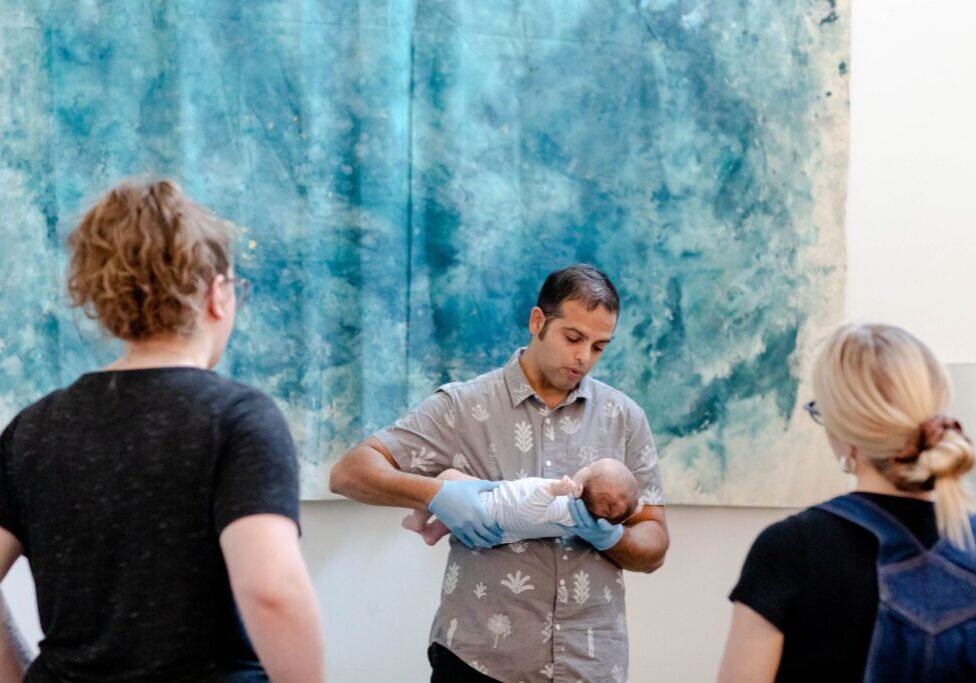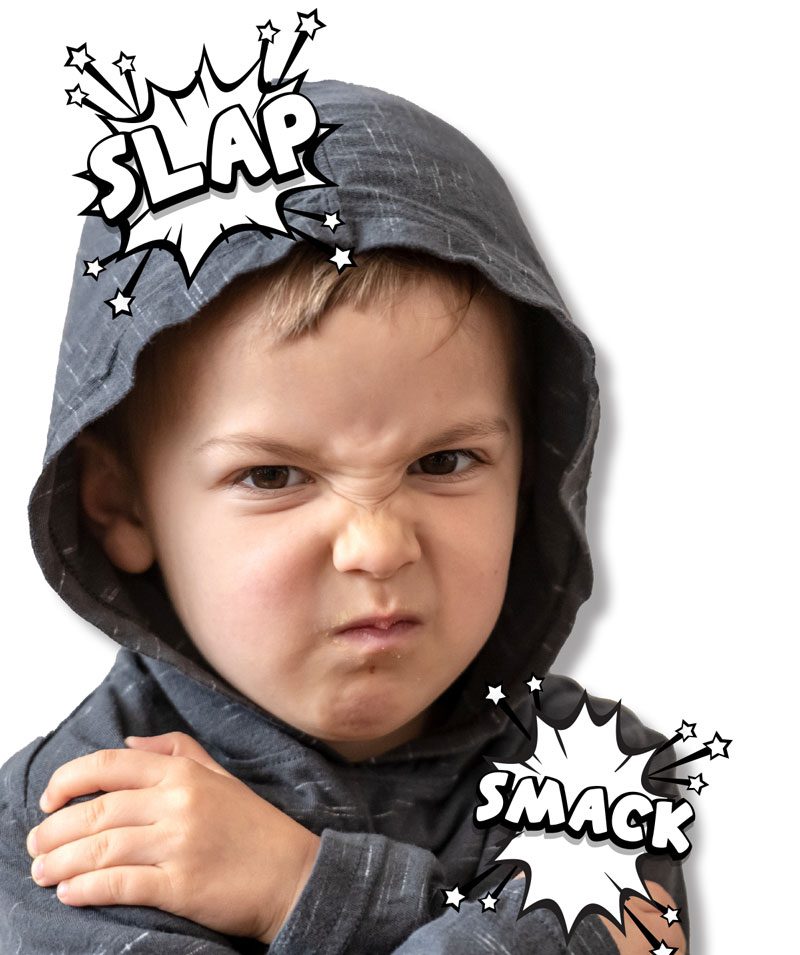
Toddlers are little people with big feelings, which sometimes come out through actions like hitting, kicking, biting, flopping or screaming. These feelings must get out and toddlers need to learn how to control how that happens.
Toddlers are little people with big feelings. Sometimes, the only way for those big feelings to come out is through their actions: hitting, kicking, biting, flopping, screaming. It’s not because you’re a bad parent or that they’re a bad person. The feelings must get out and toddlers need to learn how to control how that happens.
As a parent of a toddler, you know that they are still working on getting bodily functions under control. Toilet training is about learning what needing to void feels like, how to control it and where to let it out. This comes with teaching and practice.
Just like physical continence, emotional continence takes time to develop and learn. First, we must know that a feeling is coming, then we have to know what to do with it, and then we need to practice, practice, practice.
Bottom line: Toddlers need our help to learn how to help themselves. Words are not enough. They need action.
In the Heat of the Moment
- If they’ve hit before and you find yourself hoping they won’t hit again, THINK AGAIN! Until they learn and grow, they will hit again, so plan for it and see if you can stop it from happening before it happens. This will help to break the habit.
- Your toddler needs your help to control their hands and feet. Be ready to use gentle but firm hands to hold their arms and stop the hitting. You can say, “Your body is showing me it needs my help to control your hands. Let’s keep everyone safe and control your hands.”
- Speak the words they don’t have yet so that they can get used to the language. “You feel mad” or “You don’t like this” or “You are having a big feeling.”
- They need to learn to let their arms relax and stop hitting. To help them relax, you can say, “When your arms go soft, I will know that you have control of your body. Let’s breathe and let your arms go soft. I know you can do this!”
- When they do let their arms soften, let go and say, “I knew you could get control of your hands. Good for you!” This could happen quickly or could take some time. Keep yourself and all kids safe. They will learn.
- Normalize big feelings. More about this below.
In the Cool of the Moment
When things are calmer, there are many ways to help your toddler learn about big feelings.
- Read books about feelings. I love books by Cornelia Spelman such as When I Feel Sad, When I Feel Angry, When I Feel Jealous.
- In any children’s storybook, notice the way the character looks when a feeling comes on. Does their face get red? Do they scrunch their fists and tummy? Ask your child what they feel like when they get mad or sad. Where do they feel it in their body? Share where you feel it.
- Notice how the character lets out their anger.
- Do they yell words?
- Do they jump up and down?
- Do they stomp their feet?
- Do they take three big breathes and blow out their feelings?
- Do they dance out their feelings?
- Ask your child about safe ways they can let feelings out. Share your own simple physical ways.
- Teach songs and actions about getting big feelings out. Practice these when things are going well, as part of the games you play so that you can use them when big feelings come. @Mrchazz on YouTube has a great Self-Regulation song to the tune of “When You’re Happy and You Know It.”
When I want to feel happy, I just breathe (in/out)
When I want to feel happy, I just breathe (in/out)
When my anger starts to grow, I just breathe through my nose (deep breath in, deep breath out)
When I want to feel happy, I just breathe (in/out).
Your singing doesn’t have to be excellent. It’s about joining in and believing that it works. This teaches your child about feelings and safe ways to let them out.
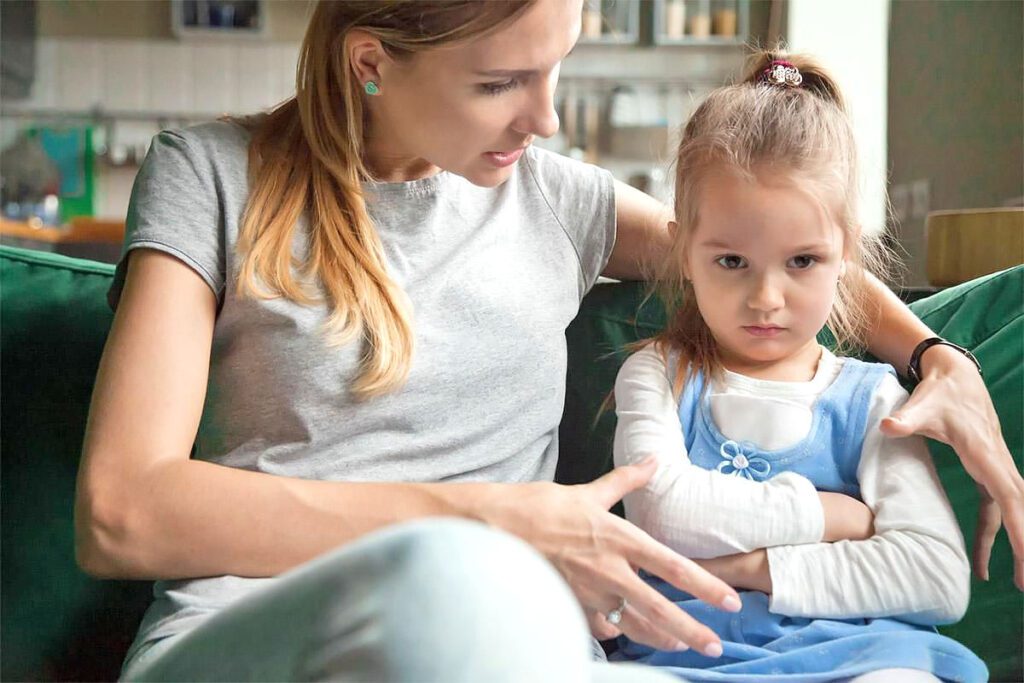
Staying calm and letting your child know that you can handle their big feelings while letting them feel their feelings, helps them work through them and reach calm, too.
Normalize Feelings
For many of us, it was not OK to feel feelings when growing up. Maybe you were told, “Stop crying or I’ll give you something to cry about!”
It is hard for parents to watch their kids feeling sad, angry or jealous. We all feel feelings and the only way to get through them is to feel them and let them out in a way that keeps everyone safe.
Our kids need to know that we can handle their big feelings. We can stay calm while our kids feel the feeling. When we model that calm response, our child can get there faster. This is not the same as ignoring the feeling. We need to name it, show that we get it and help it to leave the body.
Simple words like these can help: “You’re having a big feeling, that’s normal. It’s OK for you to not like it. I’ll help you through it. It’ll be over soon. We can do this together.”
Kids Change
This behaviour is quite normal for a toddler. When children behave in ways that we don’t like, it is usually an indication that they have something new to learn. Our job is to be watching for those moments and find ways to teach the new skills that fit their developmental level.
Posted in: Birth and Toddlers, Parenting
Comment Policy: All viewpoints are welcome, but comments should remain relevant. Personal attacks, profanity, and aggressive behavior are not allowed. No spam, advertising, or promoting of products/services. Please, only use your real name and limit the amount of links submitted in your comment.
You Might Also Like...
Special Fun for Babies and Toddlers Circle Time at Apple Blossom Baby
When Darci and James Crossin first sat down to map out a plan for their maternity and baby goods store, Chico’s Apple Blossom Baby, circle times were part of that original […]

Helping Your Teens to Manage Money
Growing up, my first real job was waitressing at the lunch counter of our local Woolworth’s store in downtown Redding. At the age of 16, I was making an awesome […]
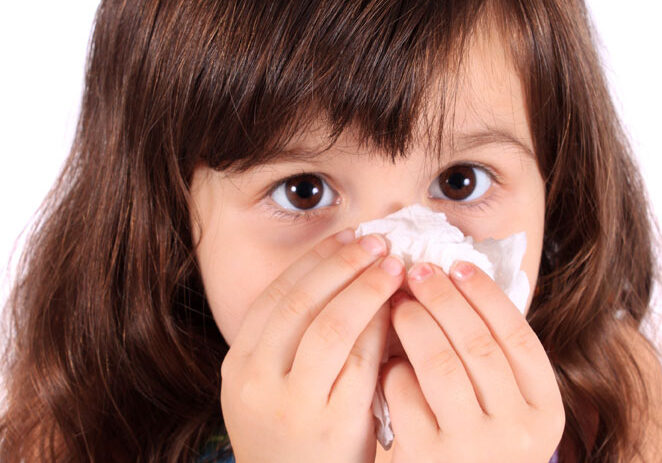
Ten Things Children with Food Allergies Want You to Know
1. I long to be included. I would like to look, act and eat like everyone else. I’d like to buy my lunch and sit wherever I want. I know […]
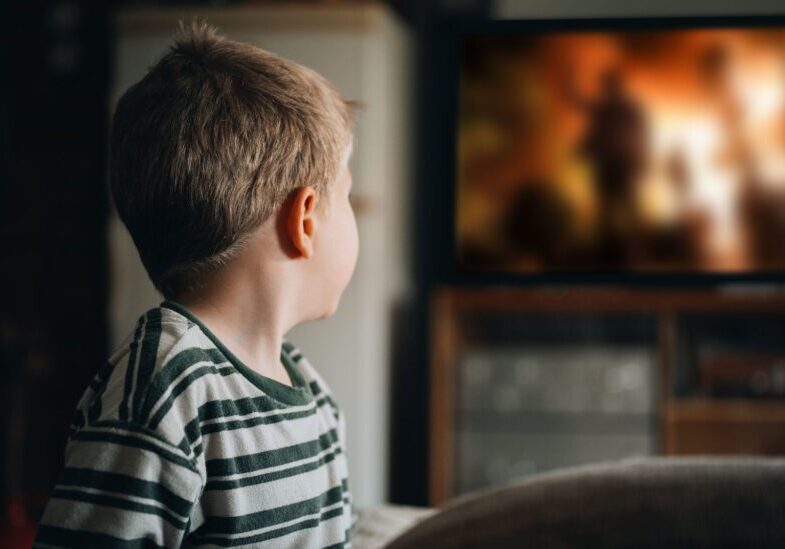
10 Ways to Help Your children When the World Seems Scary
It was a normal evening, full of dinner-making, homework and activity. My youngest sat at the table doing a math work sheet, my oldest was practicing her flute and my […]




